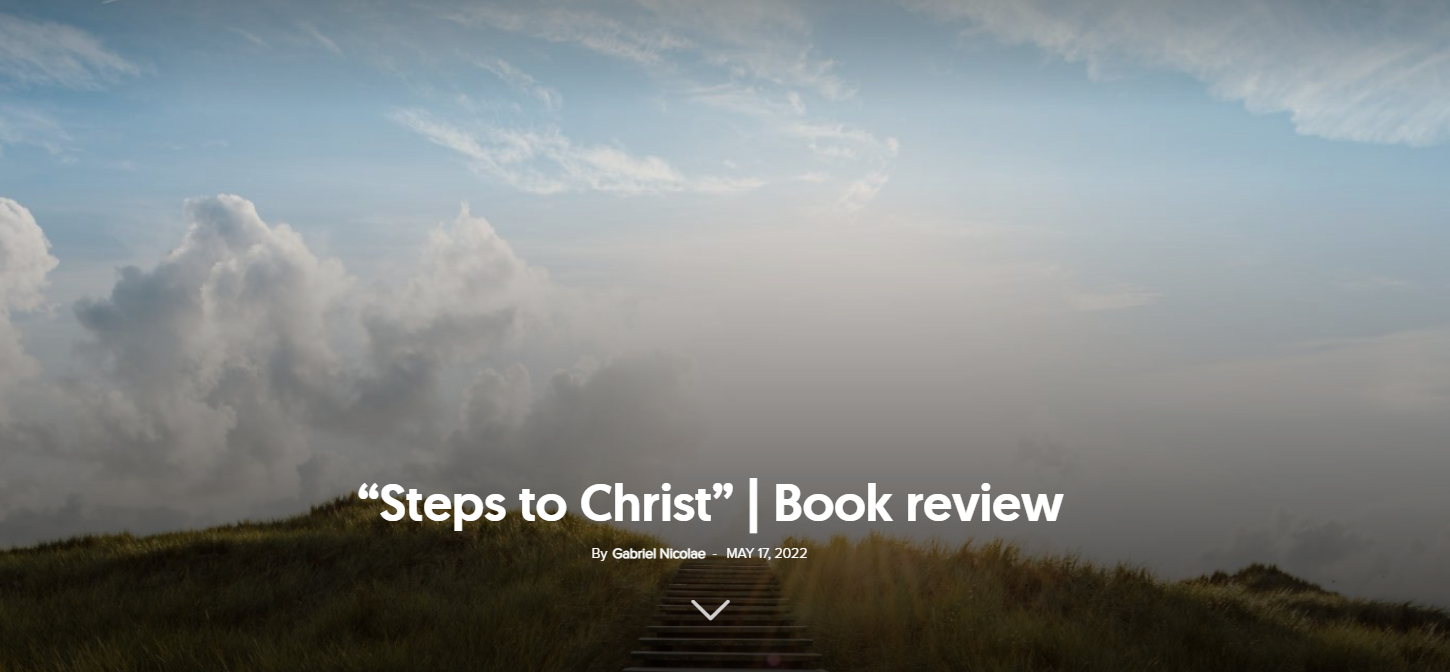As Christians, we learn that we must offer love and devote ourselves to the needs of those around us. However, in life, there are times when we feel overwhelmed by what others ask of us. We feel that some people take advantage of us—our kindness, our time, or our availability. We would like to refuse certain people or tasks that are assigned to us, but it is very difficult for us to set some boundaries and say “no”.
In such moments, guilt envelops us, condemning us that we have dared, even for a moment, to think about the possibility of refusing. We feel that if we said no, we would be selfish, rebellious, hurt by others, or that we ourselves would hurt them. Too often, this availability, otherwise positive, has a negative impact on us, making us feel that we have lost control of our own lives.
The book “Boundaries” by Henry Cloud and John Townsend presents, from a biblical perspective, how to set up firm boundaries between you and what is outside of you, between what does and does not define you. This biblical statement of boundaries helps you understand that what God wants for you is not a whole life sacrificed for the benefit of others, but one in which you know when to say “yes” and how to say “no” to those people, or situations, who destabilise you physically, emotionally, mentally, or spiritually.
The first part of the book focuses on a broad presentation of boundaries, boundary issues, and popular myths. The second part examines the conflicts that arise when a person decides to set boundaries with family, friends, children, or themselves, in marriage, at work, and even in their relationship with God. The last part aims to develop healthy boundaries and a way to measure one’s success when it comes to them.
Reading the book can be a bit cumbersome in some places. Moreover, from a subjective perspective, some of the examples presented in the book, applied to one’s own reality or experience, may seem irrelevant to some readers. To others, however, these may be situations with which they can identify. A great advantage is the complexity and depth of the work. It covers many particular cases regarding the issue of boundaries from a variety of perspectives.
Therefore, the book can be confidently recommended to different types of people who face problems in setting boundaries in various aspects of life.




















